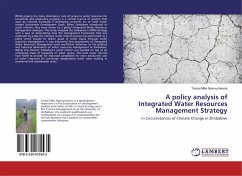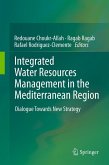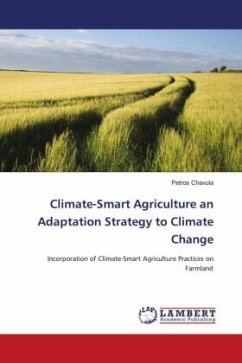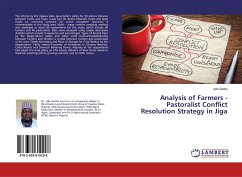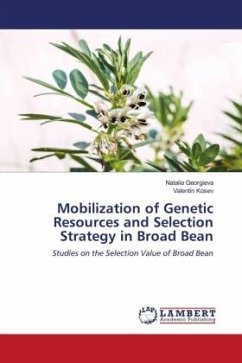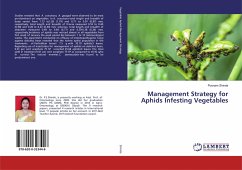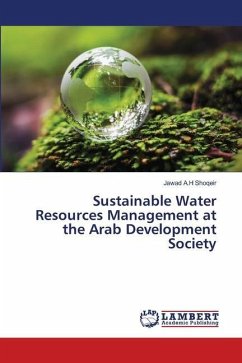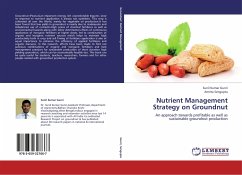Whilst poverty has many dimensions. Lack of access to water resources for household and productive purposes is a central feature of poverty that must be reduced drastically if developing countries are to meet water related Sustainable Development Goals. When Zimbabwe introduced its water reforms, they were driven by a global Integrated Water Resources Management dialogue. This study analyzed the Zimbabwe's IWRM strategy with a view to determining how the management framework that was employed to guide the national water reforms process has performed as a policy which sought to deliver goals of social equity through water resources management. It was discovered that proponents of Integrated Water Resources Management paid insufficient attention to the political and historical dimensions of water resources management in Zimbabwe. Within this context, Zimbabwe's water reform was overlaid on top of an underlying maze of inequality of water access. The local water reforms have failed to provide for improved possibilities for more productive uses of water resources for previously marginalized water users residing in communal and resettlement areas.
Hinweis: Dieser Artikel kann nur an eine deutsche Lieferadresse ausgeliefert werden.
Hinweis: Dieser Artikel kann nur an eine deutsche Lieferadresse ausgeliefert werden.

